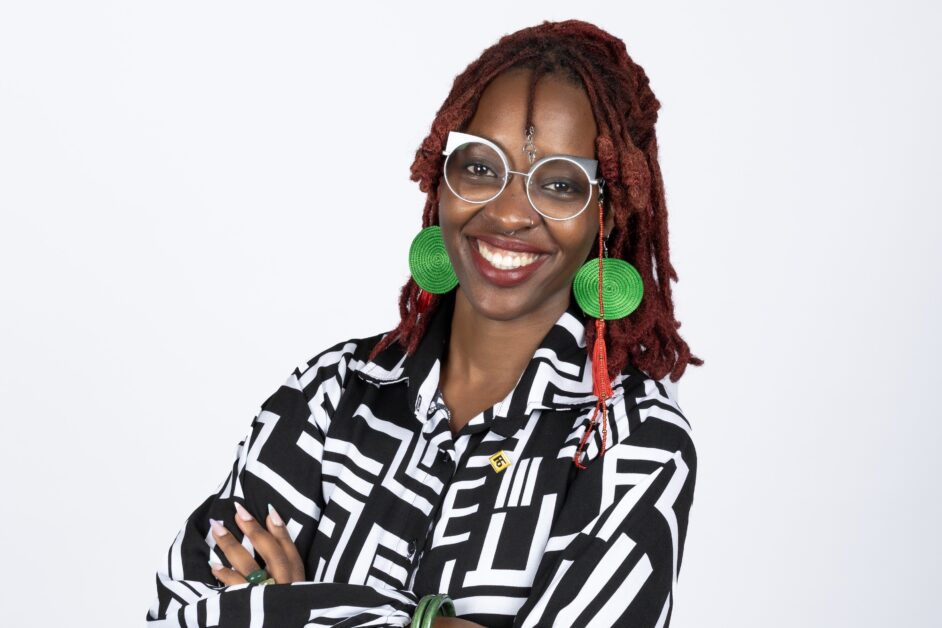“Do you know Christine Namara?” Godfrey Mutabazi, the founder of Karaa, an e-mobility startup in Uganda, asked me around 2022. “No, I don’t. Why do you ask?” I replied. “She…
Ugandans Excelling Abroad: Inside the Mind of Christine Namara.

Christine Namara, Partner at Flat6Labs' first Pan African Fund.